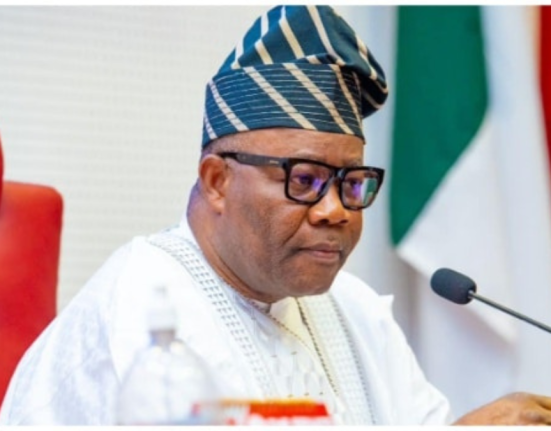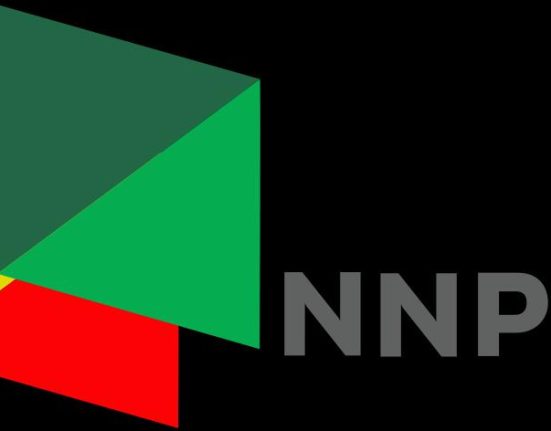In Singapore, the idea of becoming a millionaire by 65 isn’t a fantasy; it’s a quietly growing aspiration, built not on tech windfalls or inheritance, but on discipline, long-term thinking, and smart use of national systems. At the centre of this movement is a philosophy known as 1M65, the goal of accumulating one million Singapore dollars (approximately ₦1.2 billion) in retirement savings by the age of 65.
It’s not a government mandate. It’s a cultural mindset popularized by Loo Cheng Chuan, a Singaporean financial advocate who recognized that the Central Provident Fund (CPF), Singapore’s compulsory savings scheme, could become a wealth-building engine for ordinary citizens if optimized early and left to grow over time. The core idea is simple: start saving aggressively in your twenties and thirties, funnel those savings into accounts with guaranteed interest, and avoid the temptation to touch them. With time and compounding, the results are transformational.
Singapore’s CPF offers interest rates of up to 4–5% annually for its Special and MediSave Accounts. When money is left in these accounts over decades, the effect is dramatic. A young couple, each committed to steadily growing their CPF balances, can together reach S$1 million by retirement age, without needing extraordinary salaries or taking on investment risk.
What’s remarkable is that this isn’t just about financial engineering. It’s about culture: a system that encourages long-termism in a short-term world. And that’s exactly why Nigeria should pay attention.
Nigeria is a youthful country with extraordinary human capital, but a poor long-term savings culture. Despite a growing pension system regulated by the National Pension Commission (PenCom), most citizens see retirement savings as a distant obligation rather than a personal opportunity. The pension structure remains limited in reach, with many workers in the informal economy unregistered or disengaged. The concept of long-term wealth accumulation, outside of land or real estate, remains underdeveloped.
But what if Nigeria could build its version of 1M65? Call it “₦100M65” — a national ambition for individuals to accumulate one hundred million naira in long-term savings by the time they reach 65. The number is bold, but so was 1M65 in its early days. What matters isn’t just the target, but the behavioural shift it enables.
To achieve this, Nigeria must develop three key components: a system, a narrative, and a strategy.
First, the system. Singapore’s CPF works because it is mandatory, transparent, and designed to reward patience and discipline. Nigeria must design or repurpose a savings instrument outside of the traditional pension structure that delivers consistent, inflation-beating returns and is safeguarded from political or institutional risk. It must be accessible, even to those in the informal economy, and ideally offer matching contributions or tax incentives for early top-ups.
Second, the story. 1M65 is powerful because it is easy to understand and easy to share. It gives people a number, a deadline, and a sense of control. Nigeria needs its financial narrative, one that rebrands long-term saving not as loss, but as leverage. That means campaigns, stories, and digital tools that explain compounding in local languages, using real-life examples. It means integrating financial literacy into youth service, workplace onboarding, and entertainment culture.
Finally, the strategy. For ₦100M65 to work, Nigeria will need to coordinate across various sectors, including regulators, fintechs, employers, labour unions, and the media. Employers should be incentivised to co-contribute or enable automatic payroll deductions. Banks and fintechs should be encouraged to build user-friendly savings products with lock-in features. Regulators must set guardrails to protect savings from misuse while allowing capital to be deployed productively.
None of this is simple. But the costs of inaction are already here: millions of Nigerians ageing into poverty, with no buffer, no passive income, and no state safety net robust enough to support them. If the 1M65 concept teaches us anything, it is that small, early decisions can transform the arc of a lifetime.
We often say Nigeria’s greatest asset is its youth. But that only holds if our young people grow into economically secure adults. The ₦100M65 idea offers more than a financial goal; it offers a generational shift in how we think about time, value, and the future.
And that’s the kind of quiet revolution worth building.
Adedeji Adewumi is a Senior Consulting Associate at StateCraft Inc., where he focuses on financial inclusion, policy communication, and building systems that create long-term economic security in emerging economies.








